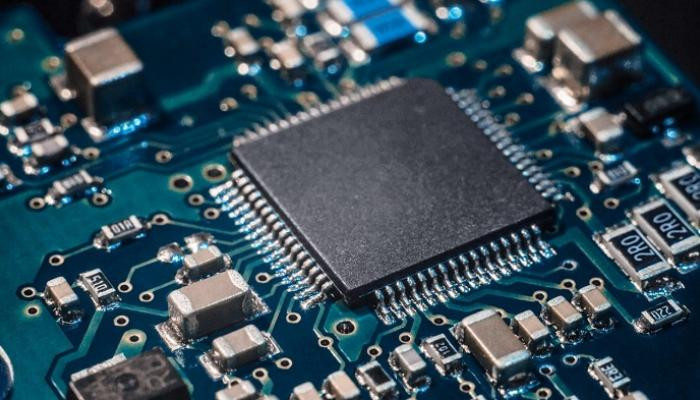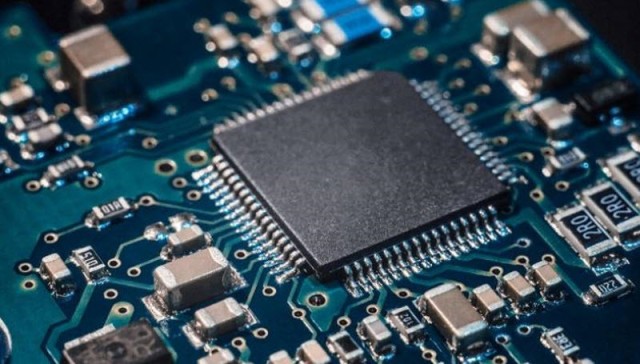The shares of Asian semiconductor companies in Japan, South Korea and Taiwan recorded a decline that led to a loss of more than 240 billion dollars from the market value of the sector globally.
According to Arabiya Net, these declines came after the American move to limit China's access to American semiconductor technology.
Shares of Taiwan Semiconductor Manufacturing Co. fell more than 7%, the most since May 2021, while Samsung Electronics fell at the fastest pace in a year, while Tokyo Electron Co., Ltd. lost 5.8%.
Markets in South Korea, Japan and Taiwan were closed on Monday for the holidays, when the Philadelphia Semiconductor Index fell to its lowest closing level since late 2020 after a two-day loss of more than 9%.
This comes after the US announced the export restrictions on Friday, as there were suggestions that similar measures might be rolled out in other countries to ensure international cooperation.
The latest restrictions are likely to feed directly into the sector's supply chain and add to a growing list of challenges for tech stocks including the Fed's monetary tightening and tensions across the Taiwan Strait.
The recent declines have already wiped out more than $240 billion of the market value of chip stocks worldwide since Thursday's close, according to data compiled by Bloomberg.
For its part, Chinese state media and officials have reacted to Biden's move in recent days, warning of economic consequences and raising speculation about a possible retaliation.
With the latest measure, it will be difficult for China to manufacture and develop semiconductors because most semiconductor equipment is dominated by the United States and its allies, such as Japan and the Netherlands, Chae Minseok, an analyst at Korea Investment and Securities, wrote in a report.
It is impossible to sustain the chip industry without the use of advanced equipment, he added.
The measures seek to halt China's plan to develop its own chip industry and boost its military capabilities.
They include restrictions on the export of some types of chips used in artificial intelligence and supercomputing and tighter rules on the sale of semiconductor manufacturing equipment to any Chinese company.
The United States is also seeking to ensure that Chinese companies do not transfer technology to the country's military and that China's chip makers do not develop the capabilities to make advanced semiconductors themselves.
The restrictions represent a major setback for China and bad news for the global semiconductor industry, Nomura Holdings analyst David Wong said in a note on Monday.
He said China's localization efforts for the industry may be in jeopardy because it may not be able to use the advanced foundries in Taiwan and Korea.








































